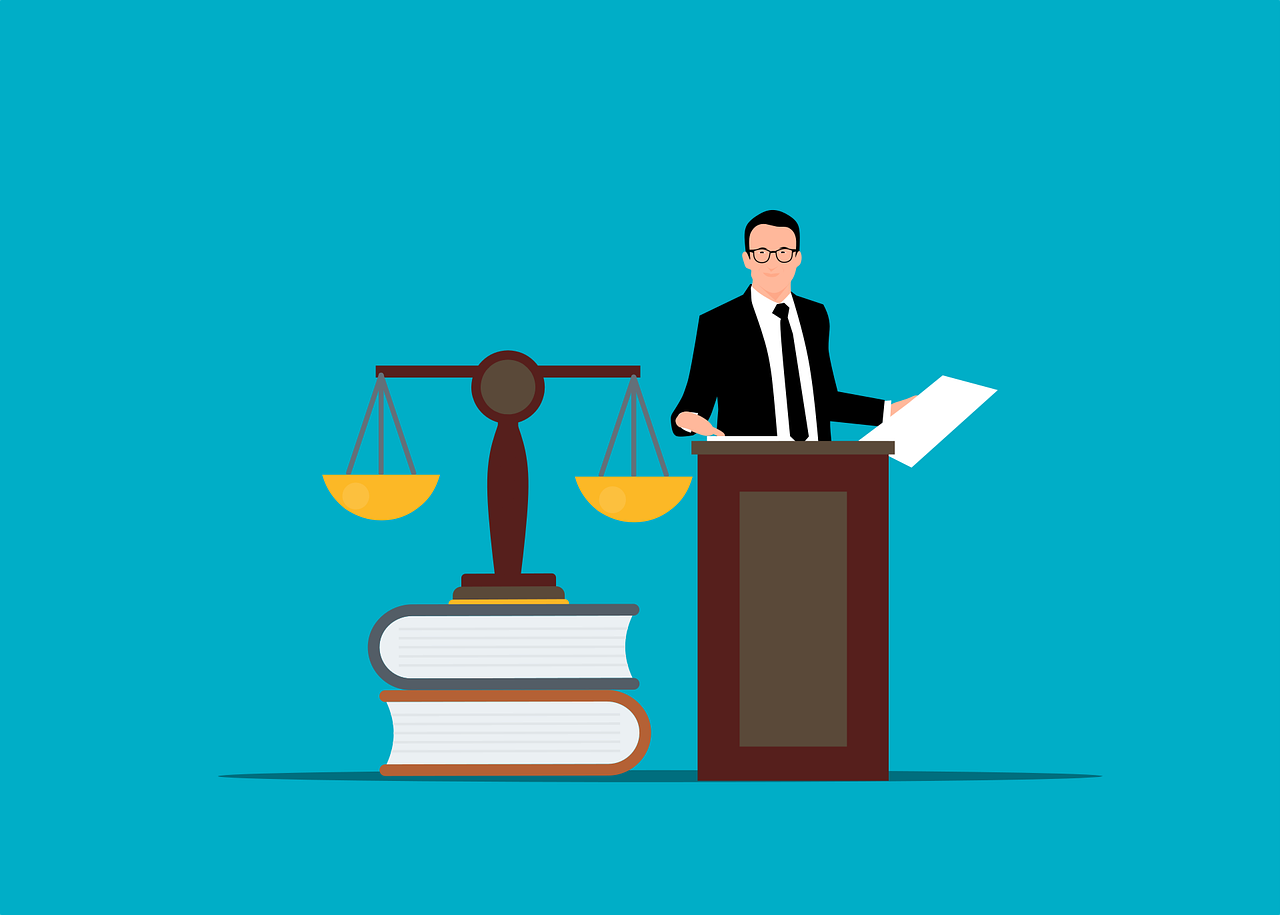In the aftermath of a serious injury, financial loss, or emotional trauma, individuals often face a crossroads. While some recover through insurance, settlement, or support networks, others find that legal action is the only way to truly regain what they’ve lost. Legal intervention can be a powerful path to justice, accountability, and financial stability—especially when other routes fall short. This article explores the key situations in which legal action is the best or only path to recovery and what individuals should understand before moving forward.
Understanding the Need for Legal Action
When Negotiation Fails
In many situations—such as car accidents, workplace injuries, or wrongful terminations—initial attempts to resolve disputes through negotiation or insurance claims can fall flat. Insurance companies may deny valid claims, offer lowball settlements, or delay decisions for months. In these instances, pursuing a legal case becomes more than an option; it becomes a necessity to protect one’s rights and ensure fair compensation.
The Role of Liability and Accountability
Legal action is particularly warranted when another party’s negligence or misconduct is responsible for your loss. Whether it’s a distracted driver, a negligent employer, or a defective product, the law is designed to hold wrongdoers accountable. A successful lawsuit not only helps victims recover financially but also discourages future harm by promoting public safety and corporate responsibility.
Common Situations Where Legal Action Helps
Personal Injury and Medical Negligence
If you’ve suffered injuries due to someone else’s carelessness—such as a slip and fall, car crash, or surgical error—filing a personal injury claim may be the only route to secure compensation for medical bills, lost income, pain, and suffering. In many states, there are strict deadlines for filing, making timely legal advice critical. Resources like Justia’s injury guide provide general legal information to help you understand your options.
Workplace Disputes and Discrimination
Legal action can also be vital when you’ve been wrongfully terminated, discriminated against, or subjected to unsafe working conditions. In such cases, labor laws may protect your rights—but they often require a formal legal process to enforce. If internal HR procedures don’t resolve the issue, filing a complaint or lawsuit can lead to reinstatement, compensation, or policy change.
Defective Products and Consumer Rights
From malfunctioning vehicles to unsafe pharmaceuticals, defective products can cause serious harm. In these cases, product liability laws enable victims to sue manufacturers, designers, or sellers for damages. Legal representation ensures you have access to expert witnesses and technical evidence to support your claim.
Domestic Violence and Protective Orders
For victims of domestic abuse, the legal system offers crucial protection. Restraining orders, custody modifications, and even criminal charges can help survivors regain control over their lives. In these high-stakes situations, working with an attorney can mean the difference between safety and continued risk.
Legal vs. Non-Legal Paths to Resolution
When Mediation or Arbitration Isn’t Enough
Alternative dispute resolution (ADR) methods like mediation or arbitration can work well in some disputes, especially when both parties are willing to compromise. However, ADR may not offer the same power to compel evidence, enforce rights, or award full damages as a court can. When your opponent has more resources or refuses to cooperate, litigation may be your strongest recourse.
Free Legal Guidance: A First Step
Before diving into a lawsuit, it’s wise to seek initial legal advice to evaluate your case. Services like Operation Infinite Justice offer free online legal advice to help you understand your rights and potential next steps. Whether you pursue formal representation or not, getting an expert opinion early on can prevent costly missteps.
Preparing for the Legal Process
Gathering Documentation
Legal recovery starts with evidence. Collect medical records, photographs, witness statements, emails, police reports—anything that supports your claim. This not only strengthens your case but also helps your attorney assess the best legal strategy.
Choosing the Right Legal Representation
Finding the right attorney can have a significant impact on the outcome of your case. Look for experience in your type of claim, transparent communication, and a track record of success. For instance, Haque Law is one firm offering personalized legal services, with a focus on protecting client rights in personal injury and civil litigation matters.
Understanding Potential Outcomes
Every legal case is different. Some settle quickly, while others may go to trial and take months or years to resolve. Your attorney will guide you through realistic expectations regarding damages, legal fees, and timelines. Legal action is not guaranteed to succeed, but with proper preparation, it often results in far better outcomes than going it alone.
How Legal Action Supports Recovery
Financial Compensation
The most immediate benefit of legal action is financial recovery. This may include medical expenses, lost wages, property damage, future rehabilitation costs, or pain and suffering. For many, this financial support is the key to moving forward with dignity and stability.
Emotional and Psychological Closure
Beyond monetary compensation, legal victory can bring a sense of closure. Holding someone accountable in court—whether it’s a drunk driver, abusive partner, or negligent corporation—can be profoundly healing. For victims and their families, justice itself is part of recovery.
Promoting Systemic Change
Many lawsuits, particularly in areas like environmental law, consumer safety, or civil rights, have a broader impact. By exposing wrongdoing and forcing reform, legal action contributes to long-term societal improvements that benefit others facing similar challenges.
Knowing When to Act
Statutes of Limitations
Every state has laws limiting how long you have to file a lawsuit after an incident. These timeframes can range from months to years depending on the type of claim and jurisdiction. Missing a deadline can permanently bar you from seeking justice, making early action critical.
Assessing Urgency and Impact
If your injury or loss is ongoing or worsening—such as continued harassment at work, deteriorating health from a defective drug, or financial ruin from denied benefits—legal action may be urgent. The sooner you act, the easier it is to preserve evidence and build a strong case.
Where to Learn More
Taking the first step toward legal recovery doesn’t have to be overwhelming. A range of online legal directories offer useful attorney listings, reviews, and contact information to help you begin the process.
Conclusion
When all other paths to resolution fail—or when the stakes are too high to risk compromise—legal action can be the best, and sometimes only, path to meaningful recovery. Whether you’re seeking compensation, safety, or justice, understanding your legal options is an essential part of healing and moving forward. With the right support and timely action, the law can be your strongest ally.




